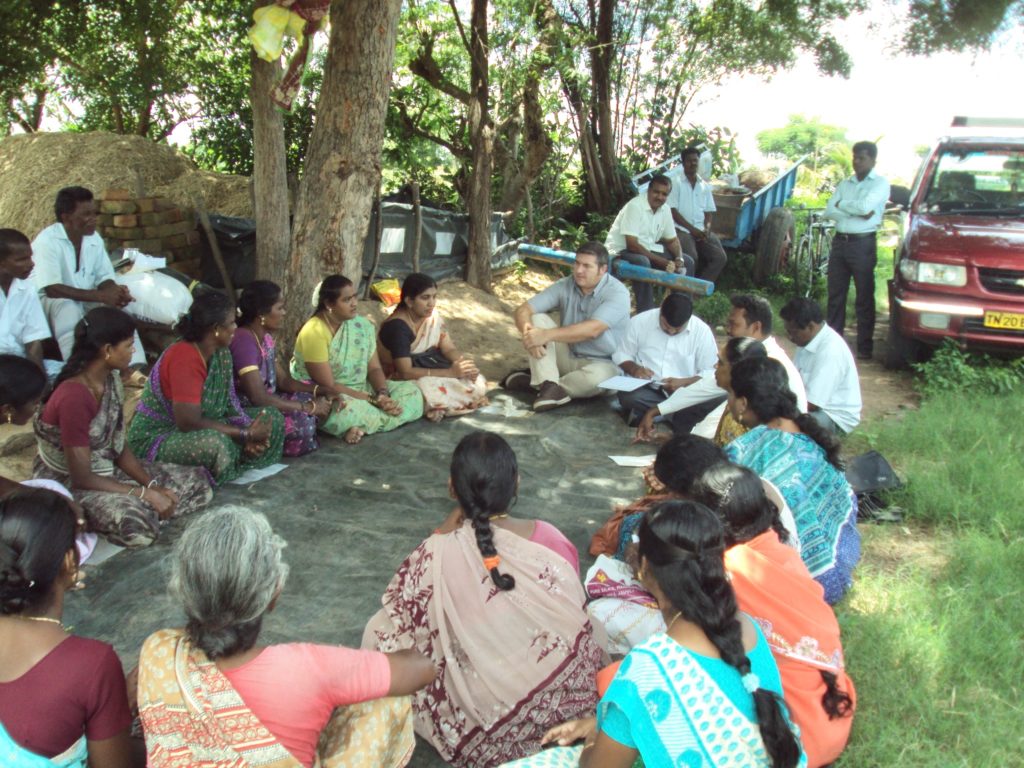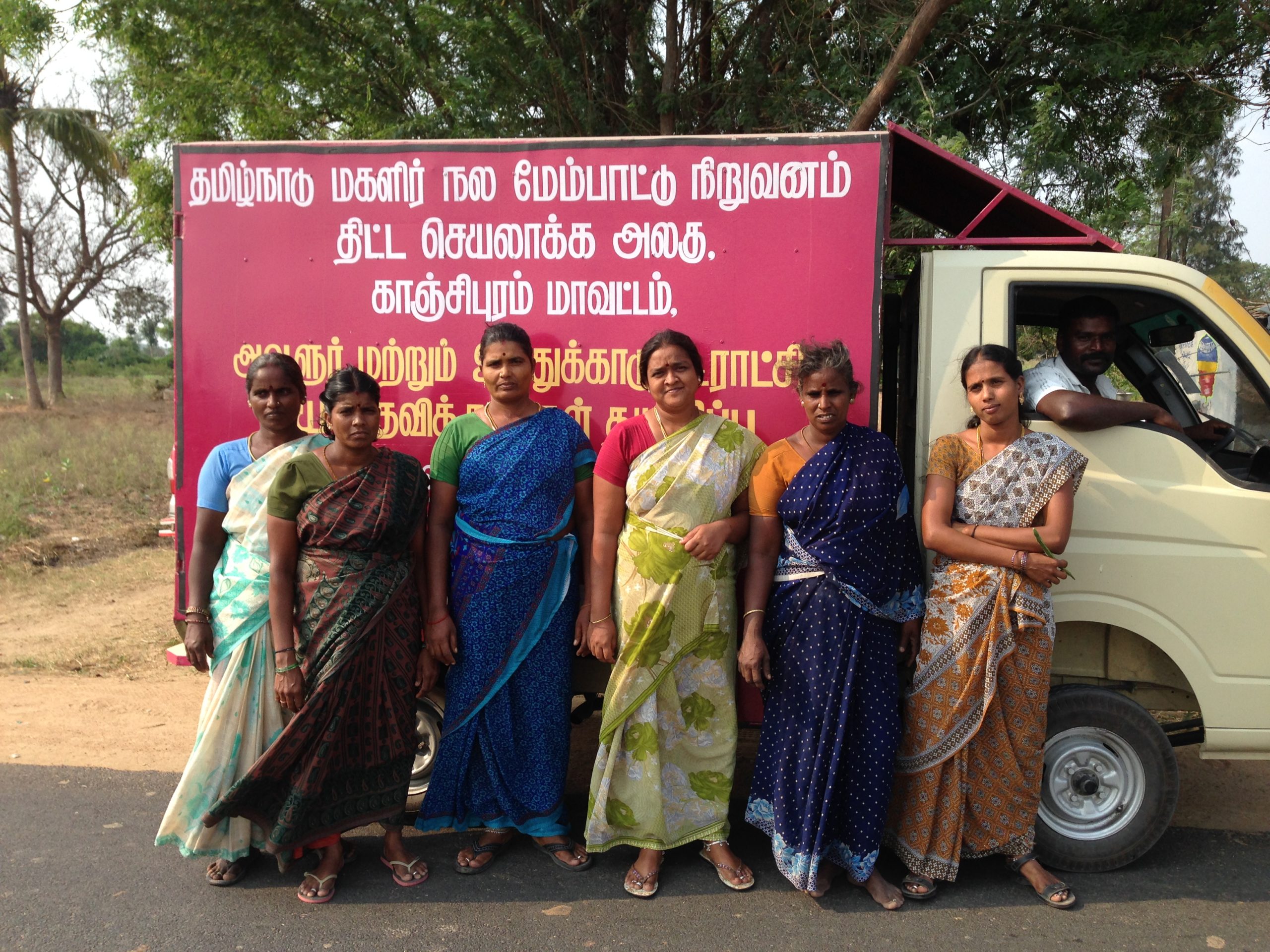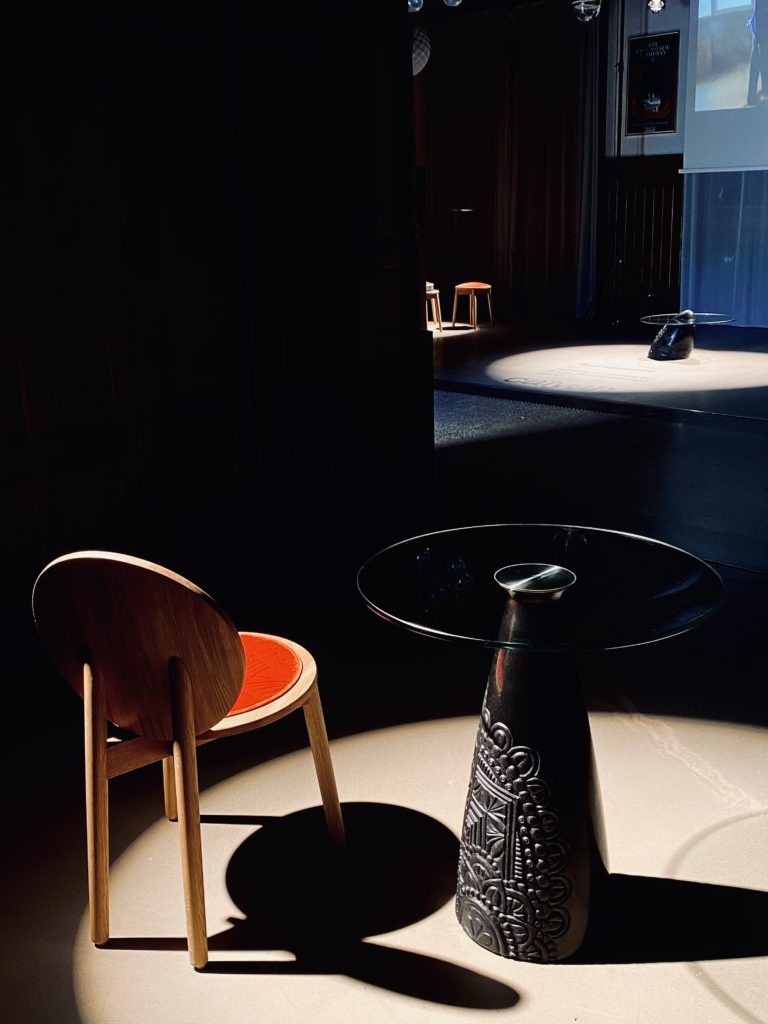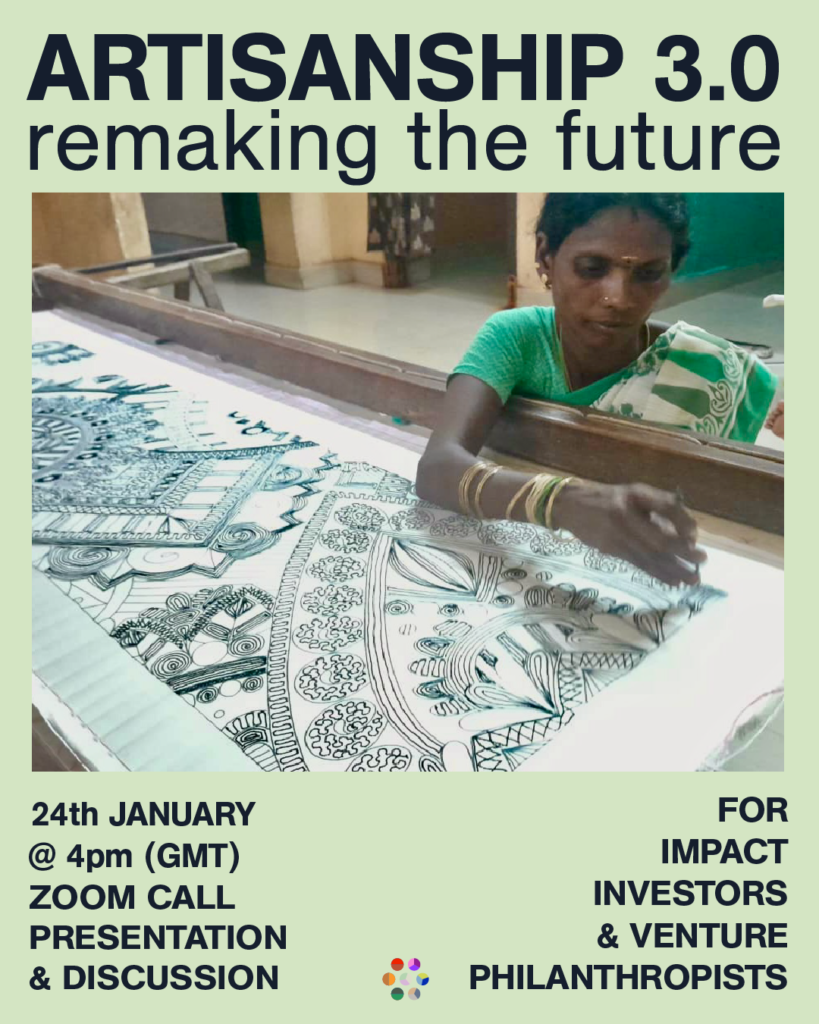Transformation through Entrepreneurship
We pioneer and build EcoSystems to help Entrepreneurs in underserved communities create lasting impact.
OUR STORY
Chilasa Venture Philanthropy was founded by entrepreneur Nigel Majakari in Geneva, Switzerland in 2012. Chilasa evolved out of his innovative research on women´s entrepreneurship in India, and his extensive work advising on impact investment projects for UHNWI, family offices, and foundations.


MICRO & SMALL ENTERPRISE ACCELERATOR
Based on our primary research in South India entrepreneurs were telling us that micro finance loans were too small and finance alone was insufficient to enable growth and scale. Alongside our financing partners, Chilasa developed a catalyst accelerator based on a theory of change to fill the gap between venture capital and micro-finance institutions.
A special localised assessment and investment model was developed with 150 entrepreneurs reviewed and 26 selected. Over a two period 24 enterprises achieved between 2.5-8.5x revenue growth increasing livelihoods and new employment creation.
IMPACT INVESTMENT ECOSYSTEMS
Complex challenges require multi-dimensional solutions. Silicon Valley approach of venture capital like all interventions has its limitations. This is especially true in the Global South were the challenges of infrastructure and support systems are often too insurmountable for any single enterprise or early-stage investors to overcome.
In 2015 Chilasa Venture Philanthropy launched the Investment EcoSystem project in Chennai, South India. Building on the experiences of our Enterprise Accelerator and further research, we chose to focus on artisans and wood furniture craft. This is traditional industry that makes a significant contribution to rural and semi-urban employment and economy. 90% of livelihoods in Least Developed Countries (LDCs) are generated through some form of production, and much is artisanal in nature.
Small production and artisanal craft is also under serious threat of extinction, which is similar in most countries due to mass production, cheap imports, and changing consumer lifestyles. In addition, except for a few rare examples, the artisanal craft sector in spite of the significance of its cultural, social, and economic contribution to society it has not featured on the radar of impact investors.
The objective was to expand on the methodology and learnings of the Chilasa Accelerator, and develop an ecosystem model with a theory of change that prioritised both scalable numbers of artisanal enterprises and transformational impact- measured in terms of livelihoods and employment creation.
- Built the network to 8´000 artisans and small enterprises
- Introduced India´s first local language artisan app
- Developed hybrid (digital/physical) capacity building tools and services targeting productivity gains and access to new technologies
- Partnered with SGS to enable India´s first micro and small enterprises with FSC (Forest Stewardship Council) certification.


MARKET FIT AND ACCESS
It requires specialist capabilities, partnerships, and capital to grow an enterprise beyond local markets. For small businesses and artisans in underserved communities, and especially in the Least Developed Countries accessing new markets, decisions around channel and product fit, and building a sales pipeline is arguably the most difficult phase of growing the enterprise.
To build a channel for export markets for artisans Chilasa founder Nigel Majakari established Calyah in 2019 (www.calyah.com). A select group of artisans were chosen from the large network and taken on a capacity building and product development journey. The cluster of artisans has evolved to include artisans in Nepal in 2021, and a new partnership in Guatemala in 2024.
The original theory of change and impact commitment remains a core element to Calyah, while the business strategy has seen several pivots to address the market challenges and opportunities.
REMAKING THE FUTURE: ARTISANSHIP 3.0
To meet the challenges of the next decade a comprehensive and integrated vision of artisanship is required. Investors require data and evidence based strategies to deploy capital that will be transformational. This requires experience and deep insights about the realities and context of the artisanal sector and also markets.
The mission of Chilasa´s Remaking The Future project is to conduct critical research and publish findings that attract capital for the formation of a global investment ecosystem dedicated to growing artisanal ventures in underserved communities.

